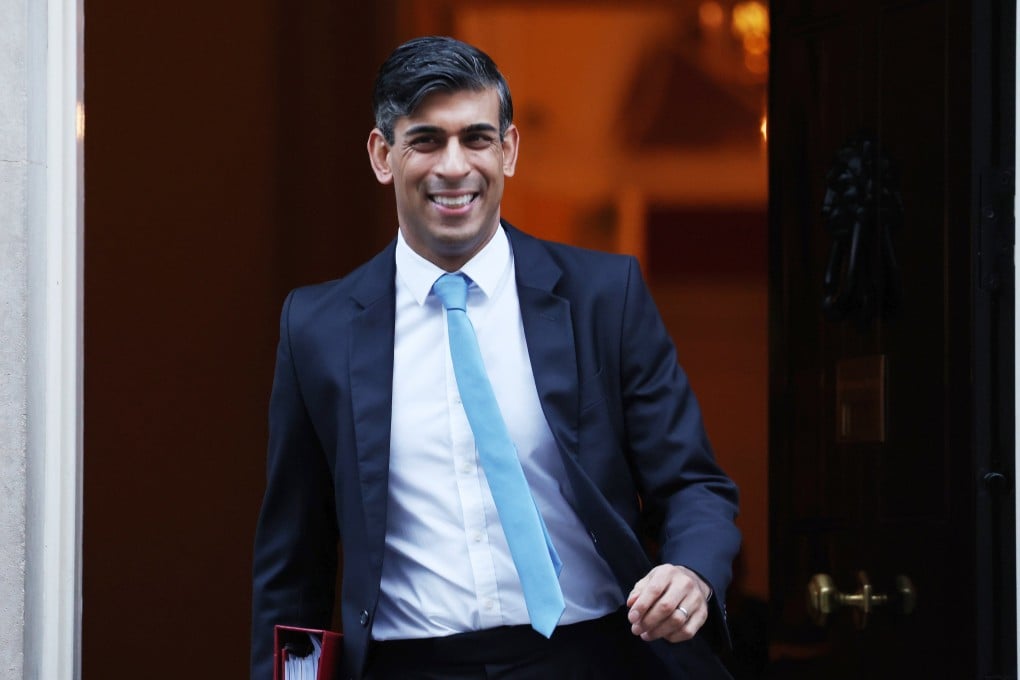Explainer | The 36-hour monk fast British PM Rishi Sunak practises: a dietitian reveals how it works, and followers praise its physical and mental rewards
- An end to cravings, weight loss, better sleep and digestion, more focus and mental clarity from not eating for 36 hours increase well-being, the diet’s fans say
- ‘When you are weakened physically, your spirit is made stronger,’ says a powerlifter and bodybuilder who follows the 36-hour monk fast

What do the British prime minister, an Indian creative agency founder, a software professional in Denmark, and an American salon manager have in common? They all regularly follow the 36-hour monk fast.
The weekly detox ritual of British Prime Minister Rishi Sunak, a 43-year-old father of two and a teetotaller, has gained attention after a recent media report. His regimen, known as the monk fast, includes a Sunday evening to Tuesday morning fast to balance indulging his sweet tooth during the rest of the week.
Like the British leader, several health and wellness enthusiasts are drawn to the monk fast for its physical benefits – and its mental and spiritual rewards.
Reportedly developed by the online community WeFast, which provides advice on intermittent fasting, the monk fast permits only water and calorie-free drinks such as black coffee or tea over 36 hours.
Advocates and some studies suggest that, along with exercise, it can help with weight loss; activate autophagy, the process which removes damaged cells and encourages regeneration of healthy ones; regulate hormones; and enhance focus and mental clarity.
The diet was inspired by monks, who regularly fasted to strengthen their spiritual resolve and self-control.
